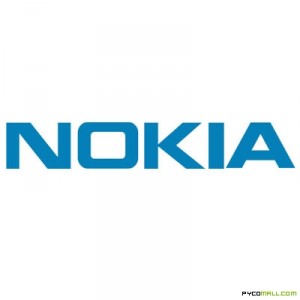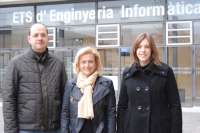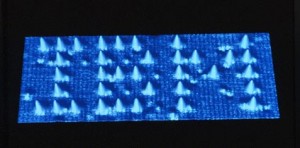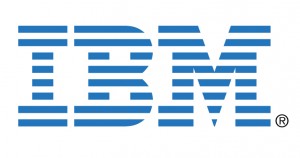
El 22 de diciembre un antiguo alumno de la ETSINF nos acerca a su experiencia multidisciplinar y multicultural.
El próximo 22 de diciembre a las 12:30h en el aula 1.7. 1G, Emilio Coronado presentará su experiencia en el desarrollo de Lumia 800 de Nokia. Emilio es un ex estudiante de la ETSINF y trabaja actualmente como Software Product Manager en Nokia donde ha participado en el desarrollo de Lumia 800, el más reciente dispositivo de Nokia con Microsoft WP7 Mango. Además es directamente responsable del software de los próximos dispositivos. Durante su intervención Emilio Coronado explicará su experiencia trabajando con varias compañías como Microsoft, Qualcomm, Nokia , etc en varios países, en equipos multidisciplinares y multiculturales.
Lumia 800 es el nombre del móvil con el que la empresa finlandesa Nokia ha iniciado un nuevo camino en compañía de Microsoft, quien surte a la multinacional con el sistema para smartphones Windows Phone 7. Se trata de la última versión de la plataforma, Mango, insertada en un teléfono con un diseño muy cuidado y que recuerda al del Nokia N9 presentado también en 2011.
El teléfono cuenta con una pantalla multitáctil de 3,7 pulgadas, así como una cámara de ocho megapíxeles con lente Carl Zeiss y lleva un procesador muy rápido, aunque de núcleo único, cuenta con una memoria interna de 16 GB, así como un buen catálogo de aplicaciones dedicadas, como Nokia Drive, Nokia Music, o Xbox Live y un servicio de almacenaje en la nube: el SkyDrive de Microsoft con 25 GB de espacio remoto.
Seguro que disfrutareis de su próxima presentación el 22 de diciembre a las 12:30 h en el aula 1.7 1G.





